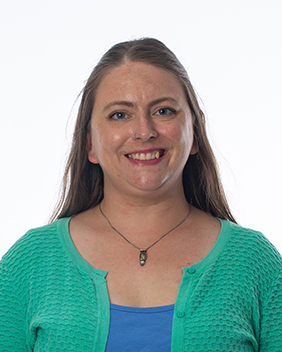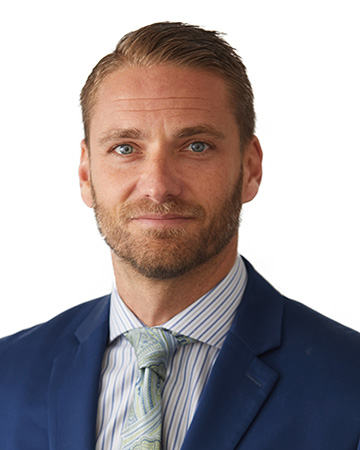Public Health Online
Program Overview
To protect and promote public health in all communities
Most courses in this online program are 6–7 weeks long and are typically completed one at a time. Most class work can be completed asynchronously. Some classes may include synchronous sessions scheduled at the start of the term to match student availability.
Applied practice and integrated learning
Students who are currently employed in public health will have the opportunity to complete applied projects within their current positions. If you aren't currently working in public health, program faculty will assist you in connecting with an organization where you can carry out applied projects.
Program curriculum
Aligned with National Commission for Health Education Credentialing (NCEHC) Eight Areas of Responsibility for Health Education Specialists
Guided by the five core public health disciplines
- Biostatistics
- Epidemiology
- Health policy and management
- Social and behavioral sciences
- Environmental health sciences
Spring
- PH 700: Public Health Foundations
- PH 710: Quantitative Methods
Summer
- PH 701: Public Health Issues
- PH 711: Qualitative Methods
Fall
- PH 755: Epidemiology and Public Health Issues
- PH 725: Communication Methods for Public Health
Year 1: 19 credits
Course descriptions available in the Graduate Catalog.
Spring
- PH 780: Public Health Applied Practice Experience
- PH 770: Program Planning
- PH 775: Grant Development for Public Health
Summer
- PH 780: Public Health Applied Practice Experience
- PH 760: Public Health Advocacy and Policy
- PH 771: Program Implementation and Evaluation
Fall
- PH 792: Public Health Integrative Learning Experience
- PH 790: Public Health Administration and Organization
Year 2: 23 credits
Course descriptions available in the Graduate Catalog.
Class size
To ensure a high-quality educational experience, our online class size is approximately 15 students. Online students network and progress through the program with a cohort of learners—connecting with each other and their instructors through online discussions and other assignments.
Technology
You are ready for online learning if you have the following:
- A computer that is available for you to use on a regular basis
- Video camera that is part of computer or connected to computer
- Headset and microphone (optional)
- Reliable internet connection
- Internet that can handle videoconferencing - recommendation is for a minimum of 8 Mbps downloading and 1.5 Mbps for uploading. Perform an internet search for "internet speed test" and choose a site to test your system.
Do you have additional questions?
- Professional Education Program Specialist
- 205F Morris Hall
- amiller-adamany@uwlax.edu
- 608.785.6528
- Assistant Professor
- 418J Wimberly Hall
- acedergren@uwlax.edu
- 608.785.6790






